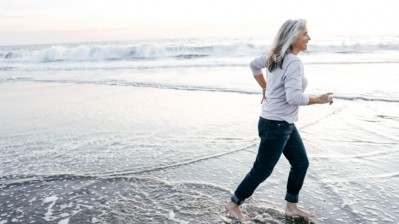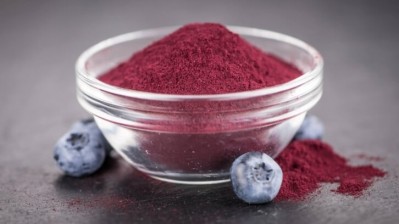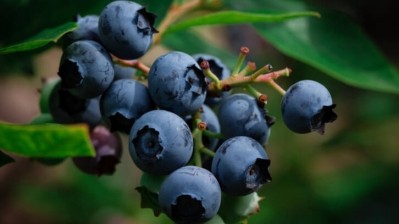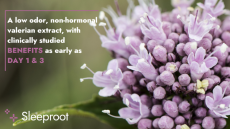Prunes might alter postmenopausal gut for bone health

Writing in the journal Frontiers in Nutrition, a team of U.S.-based university researchers conducted a post-hoc analysis of The Prune Study, a randomized controlled trial in postmenopausal women that found that 12 months of prune supplementation preserved total hip bone mineral density (BMD), with differential effects on phenolic metabolites, various inflammatory markers and the gut microbiome.
“We hypothesized that differences in the microbiomes of responders versus non-responders contributed to the improved total hip BMD in a subset of participants from this prune study,” the researchers wrote.
The follow-up investigation analyzed secondary outcome data for 52 women to identify the relationship between the gut microbiome, immune responses and bone protective effects of prunes observed.
Modulating postmenopausal bone loss
While calcium and vitamin D supplementation is considered a standard nutritional therapy for managing bone health, studies continue to explore other bioactive food components (including foods rich in polyphenols) for protecting against bone loss and the associated risks.
"The exact mechanisms underlying the osteoprotective effects of phenolic-rich foods and supplements are largely unknown but are thought to be partly attributed to the ability of host and/or microbial phenolic metabolites to alter endogenous antioxidant capacity, to exert anti-inflammatory effects or to provide prebiotic-like modulation of the gut microbiome,” the researchers wrote. “The gut microbiome is a likely modulator of the effects of diet on BMD.”
They highlighted past research supporting the causal relationship between the gut microbiome and bone mineral density under postmenopausal conditions, noting that diet, gut microbiome and microbiota-derived anti-inflammatory phenol metabolites may collectively play a role in postmenopausal bone loss prevention.
Study details
Women in the post-hoc subset who consumed 50 g to 100 g prunes daily were divided into 20 responders and 32 non-responders based on percent change in total hip bone mineral density.
The researchers called attention to the fact that responders in the study started at a lower BMD than non-responders.
“Thus, it is difficult to determine whether differences in responders at baseline is associated with better ability to respond to prune supplementation, with lower BMD or a combination of both,” the researchers wrote.
End points included measures of body and fecal microbiota composition, bone mineral density, immune response and targeted phenolic metabolites, collected at baseline and at 12 months of prune consumption.
At the end of the study period, findings indicated that responders had significantly lower levels of inflammatory biomarkers IL-1β and TNF-α. In addition, microbiomes of responders and non-responders differed in alpha and beta diversity both before and after prune treatment, with responders exhibiting a higher abundance of bacteria from the Oscillospiraceae and Lachnospiraceae families.
“These results suggest responders have more diverse gut microbiota, including organisms in Oscillospiraceae UCG-002 and {Eubacterium} coprostanoligenes, which may exert anti-inflammatory effects by attenuating IL-1β and TNF-α secretion from PBMCs,” the researchers wrote. “Lowered inflammation supports bone deposition, increasing BMD.”
Observing the variation in inter-individual reactions to dietary interventions in clinical studies, they proposed that the post-hoc insights might be used to guide precision nutrition strategies to improve bone mineral density in this population.
Source: Frontiers in Nutrition
doi: https://doi.org/10.3389/fnut.2024.1389638
“Gut microbes differ in postmenopausal women responding to prunes to maintain hip bone mineral density”
Authors: Abigayle Simpson et al.
















